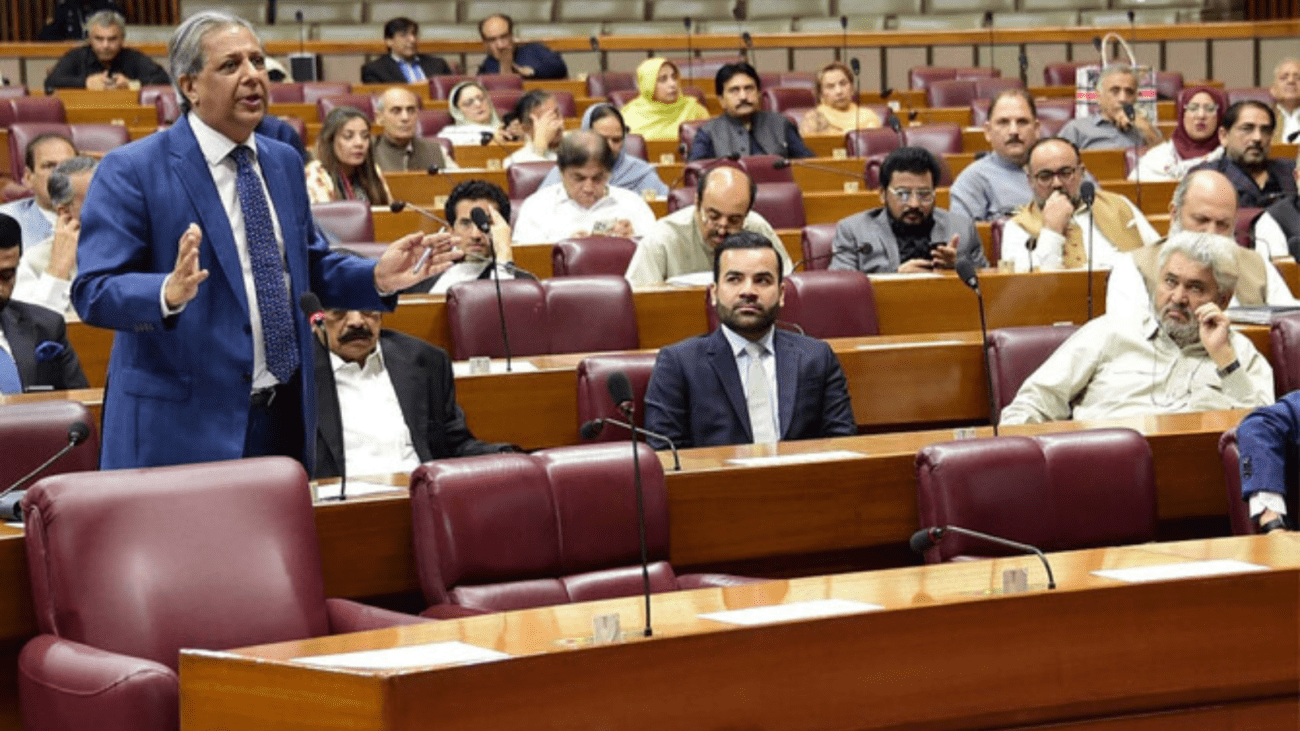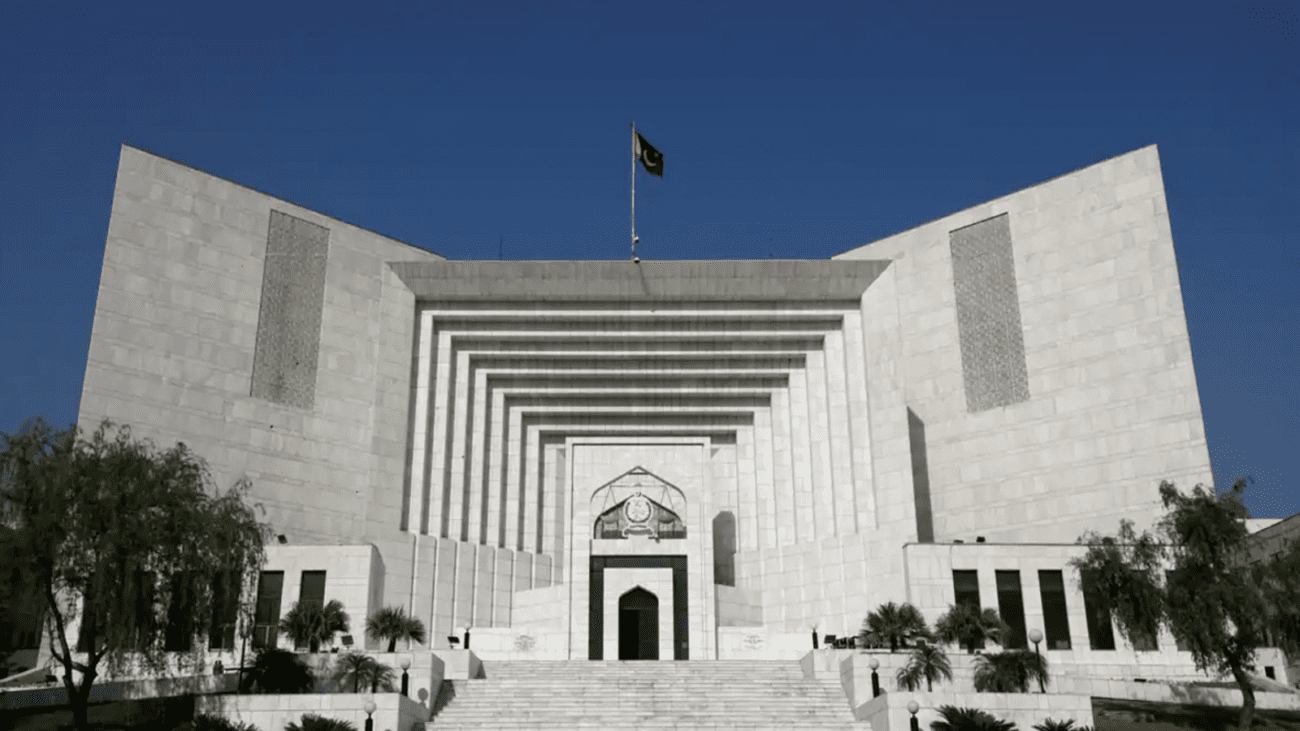The Politics Behind Pakistan’s Controversial Judicial Reform Plan


This is a clear indication that something new is being spun in the country’s political spectrum because the government intends to introduce a Judicial amendment package in the parliament. However, it was confirmed by Pakistan’s information minister, Atta Tarar, that the process has been delayed because they are still consulting with the opposition parties. There may be severe opposition from the powerful political forces against it, and uncertainties abound about whether it is necessary and what the impact would be on the overall judicial system.
What’s in the Bill?
Judicial reform apart, over and above the package of constitutional amendments proposed is a change in the dynamics of how the judiciary works. Some of the notable amendments include:
Retirement Age of Judges: Chief feature is to increase the retirement age of judges. It includes Chief Justice Qazi Faez Isa, thereby creating much controversy – because a change in retirement age may affect the judicial hierarchy.
It further aims to reform the judiciary commission that appoints judges of higher courts. It also recommends the establishment of a parliamentary committee whose role will be to supervise the judicial appointments, taking away the present power of the judiciary in this respect.
Constitutional Court Creation: Another recommended institution is said to be a specialized constitutional court that would put an end to delay and headache experienced by litigants in complex constitutional questions, according to the government.
Amendment Article 63-A The amendment shows that even if a legislator opposes the party’s instruction, the said vote will still be counted, which is counter to the Supreme Court decisions so far. The proposed amendment could redefine what constitutes dissent within the party.
Why the Government Needs It
The government feels about the proposed constitutional amendments would be perfect because it seeks to deliver quicker and effective justice. According to Minister of State for Information Farrukh Habib, these changes serve the greater public interest by serving quicker legal resolutions and judicial transparency. The key measures to be taken are about the judicial appointment procedure and the constitution of a dedicated constitutional court to reduce the backlog caused and for which the government will be held accountable. These changes also meet some of the much-desired objectives of Pakistan’s “Charter of Democracy,” which among other things demanded good governance and an independent judiciary accountable to the state.
The other important factor for the government’s interest is the continued tenure of Chief Justice Qazi Faez Isa. For the ruling coalition, his leadership will be what helps sustain stability within the judiciary. This is especially so with electoral concerns such as Forms 45 and 47, which have become a source of controversy in previous elections.
The government believes another senior judge becoming chief justice could throw huge challenges, especially in scrutinizing these forms, which are central to the election process. By retaining Chief Justice Isa, the government is targeting a more predictable legal environment that reflects its policies and avoids perceived threats to the core stability of its position. This then gives a strong footing not only to the government’s control over key judicial appointments but frames the reforms under a new governance landmark.

Why opposition Opposes it
Critics of the proposed changes include most opposition leaders, such as members of the Pakistan Tehreek-e-Insaf. PTI, according to its legal representative, calls the bill “unconstitutional,” and its primary criticism is the perceived diminishment of judicial independence. Lying at the heart of their argument is the premise that countering that power shift from the judiciary to a parliamentary committee would truly politicize the process of appointment and weaken the separation of powers.
The opposition has further branded the government as one of those institutions that is doing this for the sake of extensing the tenure of key judicial figures, particularly Chief Justice Qazi Faez Isa. Underperson-specific legislation against the principle of democratic norms undermined the independence of the judiciary, they claim.
There is also a concern in terms of timing. The government is currently experiencing major economic setbacks, and the political atmosphere is growingly turbulent. Opposition leaders view the measures as unwise since they believe that more pressing national concerns ought to take precedence over constitutional amendments.
The Road Ahead: Future Implications
All these constitutional amendments passed into the constitution would carry long-term consequences for the judicial system of Pakistan. Rearrangement in the structure of judicial appointment and the setting up of a constitutional court could go towards streamlining legal procedures but would most surely raise very serious questions about political interference with judicial affairs.
On the other hand, these proposed amendments may be rejected, which might proceed to elongate the gap between the government and the judiciary. Failure by the current government to ensure two-thirds majority votes in National Assembly and Senate bills also has a shadow on the potential of the bill to smoothly clear.
Conclusion
The proposed constitutional amendments in Pakistan is one of the current pending items in the ongoing fight in this country. To the government, these reforms were worded as a step toward judicial efficiency and fulfillment of long-term promises of reform. The fierce resistance of the opposition, however, comes from concerns over judicial independence, supposed and otherwise, overreach by the government.
As the political dynamics change, what happens next will determine the eventual fate of these reforms and, in turn, shape the future of the judiciary and the general tenor of governance in Pakistan to come. The future that has already begun to take shape here is not only pivotal to the immediate future of these reforms but also for Pakistan’s legal and political landscape for years to come.
Sources:https://thediplomat.com/
Read More News here: https://whatshappening.pk/bla-ttp-unite-despite-differences/








Pakistan's Hockey Dream Shattered in Semi-Final
16th Sep 2024[…] Read More News here: https://whatshappening.pk/pakistan-judicial-amendments-government-opposition/ […]
Afghan Diplomat Disrespects Pakistan's Anthem
18th Sep 2024[…] Read More News here:https://whatshappening.pk/pakistan-judicial-amendments-government-opposition/ […]